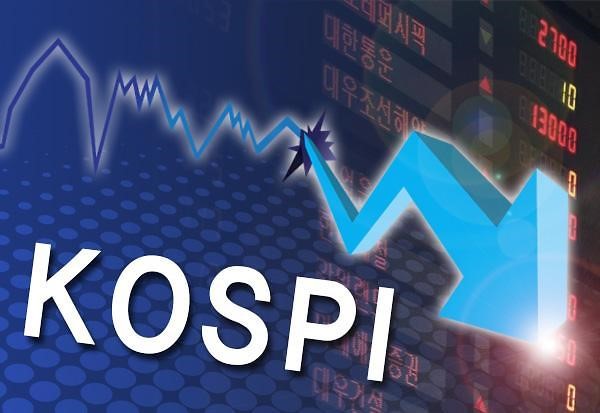South Korean shares took a significant hit on January 21, 2025, with the benchmark Korea Composite Stock Price Index (KOSPI) closing down by 1.94% at 2,482.57 points, marking its lowest level since August 2024.
This decline comes in the wake of former U.S. President Donald Trump’s announcement of new tariff measures, which have raised concerns across various sectors of the South Korean economy.
Trump’s proposal to impose a 25% tariff on imports from Canada and Mexico, starting February 1, 2025, has led to widespread apprehension among investors.
While these tariffs are focused on North America, South Korean companies are particularly worried about the ripple effects on the automotive and battery sectors, which are crucial to the nation’s export-driven economy.
Impact on Automotive Sector
The automotive industry has been especially vulnerable to these developments. South Korean carmakers, such as Hyundai Motor and Kia, which have production facilities in Mexico, are concerned that the tariffs could disrupt their operations and lead to higher costs on vehicles exported to the U.S.
The new tariffs threaten to add significant financial strain on companies already dealing with a global supply chain crunch.
Battery Manufacturers Hit Hard
The country’s battery manufacturers have also felt the sting of Trump’s tariffs. Leading companies in South Korea, including LG Energy Solutions and Samsung SDI, have seen their stock prices fall sharply.
These firms are major suppliers of electric vehicle (EV) batteries and are now facing uncertainty following Trump’s decision to revoke a key executive order that encouraged the production of electric vehicles.
The withdrawal of this order, combined with the ongoing trade disruptions, has created a challenging environment for South Korean manufacturers, who had hoped to benefit from the growing global EV market.
With the Biden administration’s plans to reduce U.S. dependence on Chinese batteries, the tariff threats are putting even more pressure on these companies’ bottom lines.
A Bleak Outlook
Analysts are predicting that the negative impact could extend beyond the automotive and battery sectors, potentially affecting South Korea’s broader export economy.
The South Korean won has already weakened against the U.S. dollar, and if Trump’s tariff proposals are enacted, it could lead to more volatility in foreign exchange markets.
Investors are looking to the government for reassurance, with many hoping that the Biden administration will provide clarity on the future of U.S.-South Korea trade relations.
For now, however, South Korean stocks are grappling with the uncertainty surrounding Trump’s latest tariff moves.
As the situation unfolds, it remains to be seen how much damage will be done to South Korea’s trade-dependent economy.
Also Read
HDFC Bank Stock Declines Ahead of Q3 FY25 Earnings Announcement
Capital Numbers Infotech IPO Oversubscribed by Over Six Times

